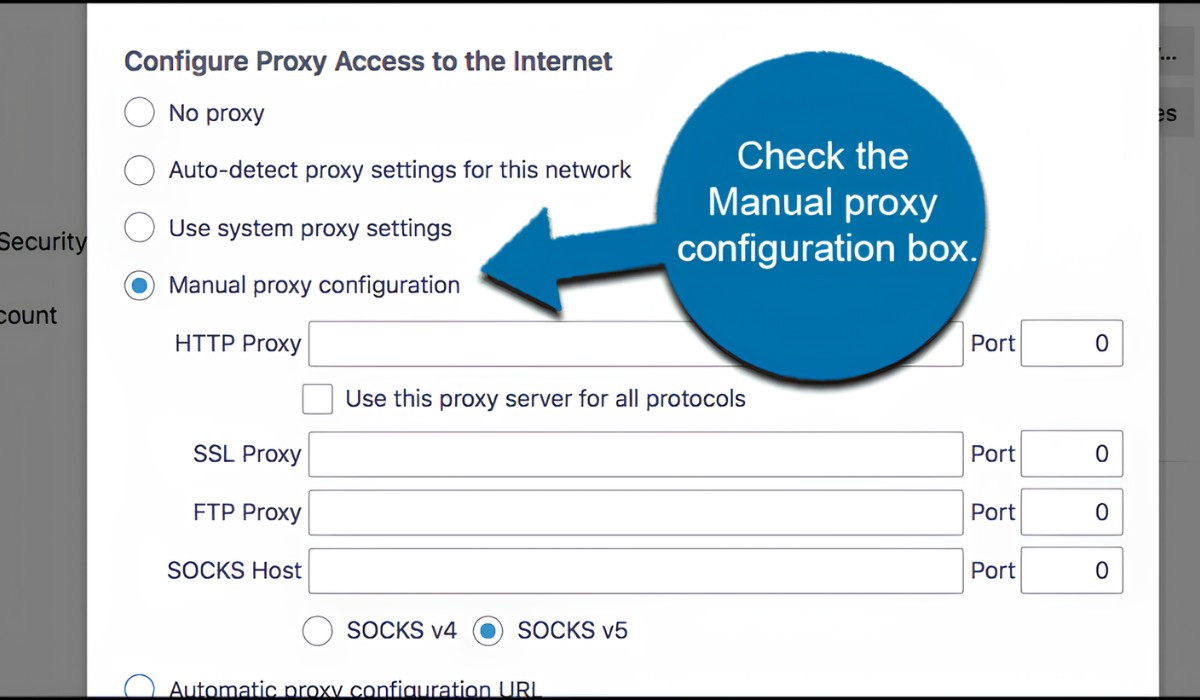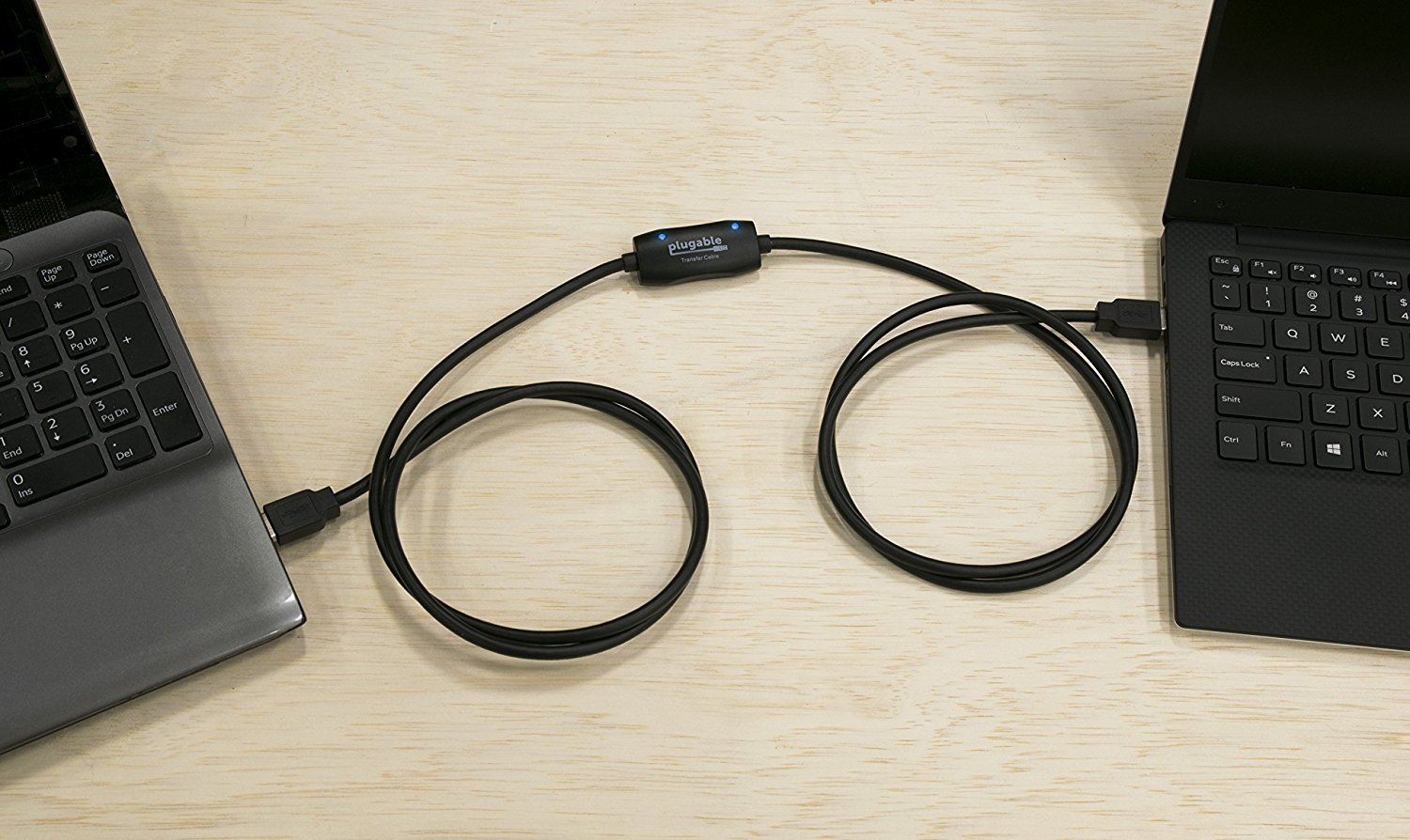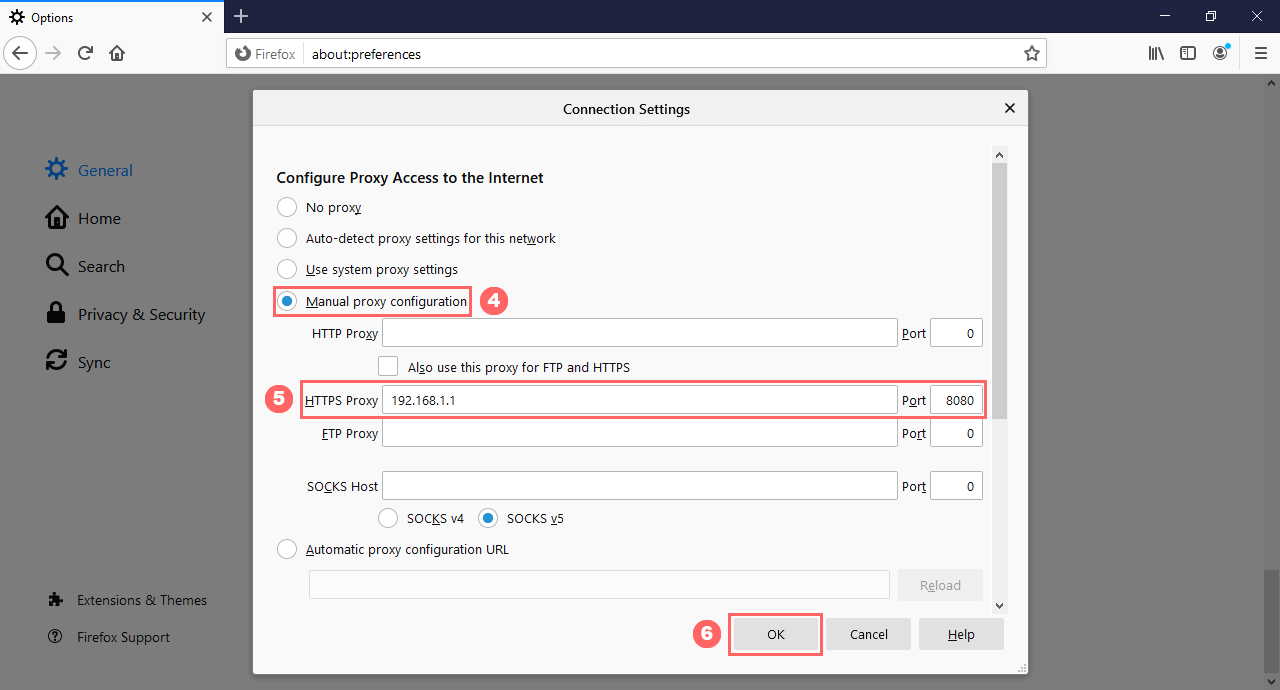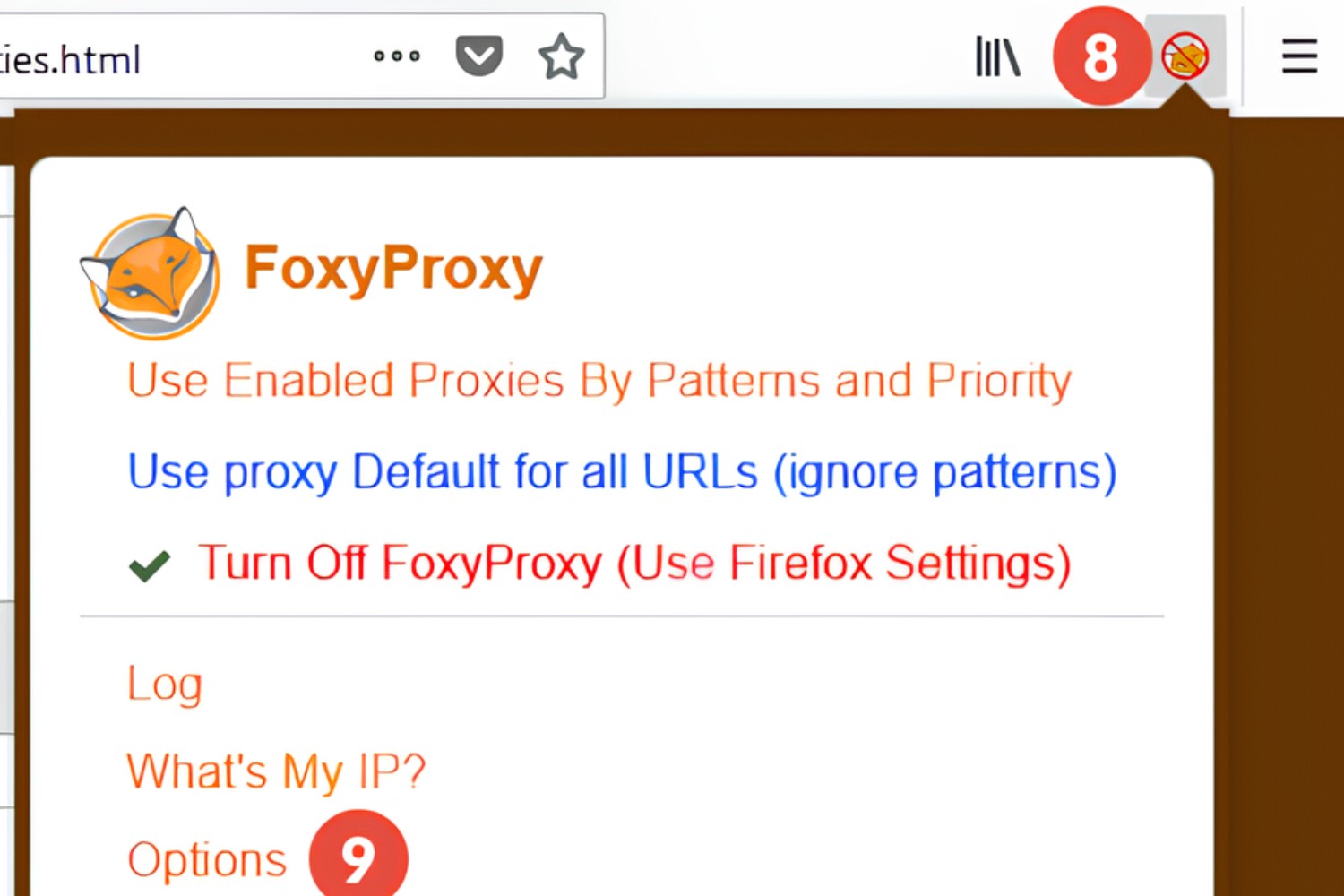Introduction
In today's digital age, the internet has become an integral part of our daily lives. Whether it's for work, entertainment, or staying connected with friends and family, we rely on the internet for a multitude of purposes. As we navigate the vast online landscape, our web browsers serve as the gateway to this virtual realm, allowing us to access websites, stream content, and communicate with others across the globe.
However, as we immerse ourselves in the boundless expanse of the internet, concerns about privacy, security, and access to restricted content have become increasingly prevalent. This is where the concept of browser proxies comes into play. A browser proxy acts as an intermediary between a user's device and the internet, serving as a shield that can enhance privacy, security, and access to online content.
Understanding the role of browser proxies is crucial in today's digital environment, where online privacy and security are paramount. By delving into the intricacies of browser proxies, we can gain valuable insights into how they function, the different types available, and the advantages and disadvantages they offer. Whether you're a casual internet user, a tech enthusiast, or a business professional, grasping the fundamentals of browser proxies can empower you to make informed decisions about your online activities and security measures.
In the following sections, we'll explore the definition of browser proxies, how they work, the various types available, and the pros and cons of using them. By shedding light on these aspects, we aim to provide a comprehensive understanding of browser proxies and their significance in the digital realm. Let's embark on this journey to unravel the mysteries of browser proxies and discover the ways in which they shape our online experiences.
Definition of Browser Proxy
A browser proxy, often referred to simply as a proxy, is a crucial component of internet technology that serves as an intermediary between a user's device and the internet. It acts as a gateway through which internet traffic is routed, allowing users to access online content while maintaining a layer of anonymity and security. In essence, a browser proxy acts as a middleman, relaying requests and responses between the user's device and the internet, thereby concealing the user's true IP address and enhancing privacy.
At its core, a browser proxy functions as a buffer between the user and the websites or online services they interact with. When a user accesses the internet through a browser proxy, their requests are first directed to the proxy server, which then forwards the requests to the target websites or services on behalf of the user. Similarly, when the target websites or services send responses back to the user, these responses are routed through the proxy server before reaching the user's device. This process effectively obscures the user's IP address and location, making it appear as though the requests and responses originate from the proxy server rather than the user's device.
Browser proxies can be deployed for various purposes, including enhancing privacy, bypassing geo-restrictions, accessing region-locked content, and improving security. By leveraging a browser proxy, users can obfuscate their online activities from prying eyes, circumvent censorship or content restrictions imposed by governments or organizations, and protect their sensitive information from potential threats.
Furthermore, browser proxies play a pivotal role in corporate environments, where they are often used to regulate and monitor employees' internet usage, enforce content filtering policies, and safeguard corporate networks from external threats. In these settings, browser proxies act as a barrier that filters and controls the flow of internet traffic, allowing organizations to maintain a secure and productive digital workspace.
In summary, a browser proxy is a fundamental tool that empowers users to navigate the internet while safeguarding their privacy and security. By serving as an intermediary that masks the user's identity and facilitates secure communication with online resources, browser proxies have become indispensable in today's digital landscape, offering a myriad of benefits to individuals, businesses, and organizations alike.
How Browser Proxy Works
When a user accesses the internet through a browser proxy, the entire process unfolds through a series of intricate steps that involve the interaction between the user's device, the proxy server, and the target websites or online services. Understanding the inner workings of a browser proxy is essential for grasping its functionality and the benefits it offers.
-
Initiating the Connection: The user configures their web browser to route internet traffic through a specific proxy server. This can be achieved by adjusting the browser's settings to designate the proxy server's address and port.
-
Sending Requests: When the user attempts to access a website or online service, their web browser generates a request for the desired content. Instead of directly communicating with the target server, the request is forwarded to the designated proxy server.
-
Proxy Server Processing: Upon receiving the user's request, the proxy server acts as an intermediary, intercepting the request and evaluating the destination address. It then establishes a connection with the target server on behalf of the user.
-
Forwarding the Request: The proxy server relays the user's request to the target server, effectively masking the user's IP address and location. From the perspective of the target server, the request appears to originate from the proxy server rather than the user's device.
-
Receiving and Filtering Responses: As the target server processes the request and generates a response, the proxy server intercepts the response before forwarding it to the user's device. At this stage, the proxy server may apply filtering or security measures to the response, depending on the configured proxy settings.
-
Delivering the Response to the User: The filtered or unaltered response is transmitted from the proxy server to the user's web browser, allowing the user to access the requested content while maintaining a layer of anonymity and security.
By orchestrating this intricate sequence of actions, a browser proxy effectively shields the user's identity, conceals their IP address, and facilitates secure communication with online resources. This process enables users to bypass geo-restrictions, access region-locked content, and fortify their privacy and security while navigating the internet.
In corporate environments, browser proxies play a pivotal role in regulating and monitoring employees' internet usage, enforcing content filtering policies, and safeguarding corporate networks from external threats. This underscores the versatility and significance of browser proxies in diverse settings, where they serve as a cornerstone of privacy, security, and access to online content.
Types of Browser Proxy
When it comes to browser proxies, there are several distinct types, each offering unique functionalities and catering to specific user requirements. Understanding the different types of browser proxies is essential for selecting the most suitable option based on individual needs and preferences. Let's explore the various types of browser proxies and their distinguishing characteristics:
-
HTTP Proxy: An HTTP proxy, also known as a web proxy, is designed to handle HTTP (Hypertext Transfer Protocol) traffic. It acts as an intermediary for web requests and responses, making it ideal for accessing web content and browsing the internet. HTTP proxies are commonly used to bypass content restrictions and enhance privacy while surfing the web.
-
HTTPS Proxy: Similar to an HTTP proxy, an HTTPS proxy specializes in handling HTTPS (Hypertext Transfer Protocol Secure) traffic, which involves secure communication over the internet. HTTPS proxies are instrumental in securing online transactions, protecting sensitive data, and ensuring encrypted communication between the user's device and the target server.
-
SOCKS Proxy: A SOCKS (Socket Secure) proxy operates at a lower level than HTTP and HTTPS proxies, enabling it to handle a wide range of internet traffic, including HTTP, HTTPS, FTP (File Transfer Protocol), and more. SOCKS proxies are renowned for their versatility and are often favored for their ability to facilitate secure and anonymous communication across various protocols.
-
Transparent Proxy: A transparent proxy functions without requiring any configuration on the user's end, making it transparent in its operation. It intercepts internet traffic without the user's explicit knowledge and is commonly employed by organizations to enforce content filtering and monitor employees' online activities.
-
Anonymous Proxy: As the name suggests, an anonymous proxy prioritizes user anonymity by concealing the user's IP address from the target server. It serves as a protective barrier, preventing websites and online services from identifying the user's true location and enhancing privacy during internet browsing.
-
Elite or High-Anonymous Proxy: An elite or high-anonymous proxy offers the highest level of anonymity, effectively masking the user's IP address and presenting itself as the originator of internet requests. This type of proxy is renowned for its ability to safeguard user privacy and prevent websites from discerning the user's true identity.
-
Residential Proxy: Residential proxies utilize IP addresses assigned by Internet Service Providers (ISPs) to residential users, mimicking genuine residential internet connections. They are valued for their authenticity and are often employed for tasks such as web scraping, ad verification, and accessing geo-restricted content.
By familiarizing oneself with the diverse array of browser proxy types, users can make informed decisions regarding the selection of a proxy that aligns with their specific objectives, whether it involves enhancing privacy, bypassing content restrictions, or safeguarding sensitive data. Each type of browser proxy offers distinct advantages, catering to a wide spectrum of user requirements and preferences.
Advantages of Using Browser Proxy
Utilizing a browser proxy confers a multitude of advantages that cater to diverse user needs and preferences. From bolstering privacy and security to accessing region-locked content, browser proxies serve as indispensable tools that enhance the online experience in various ways.
-
Enhanced Privacy: One of the foremost advantages of using a browser proxy is the preservation of privacy. By concealing the user's true IP address and location, a browser proxy shields personal information from prying eyes, mitigating the risk of online tracking and surveillance. This is particularly valuable for individuals seeking to safeguard their digital footprint and maintain anonymity while browsing the internet.
-
Bypassing Geo-Restrictions: Browser proxies enable users to circumvent geo-restrictions imposed on certain online content. Whether it's accessing streaming services, websites, or online resources that are restricted based on geographical location, a browser proxy empowers users to transcend these barriers and unlock a wealth of content that would otherwise be inaccessible.
-
Access to Region-Locked Content: In addition to bypassing geo-restrictions, browser proxies facilitate access to region-locked content, allowing users to explore a diverse array of online resources that may be limited to specific geographic regions. This opens up opportunities for cultural enrichment, educational pursuits, and entertainment, transcending geographical boundaries and broadening the scope of accessible content.
-
Improved Security: Browser proxies play a pivotal role in fortifying online security by acting as a barrier between the user's device and potential threats. By filtering internet traffic and obscuring the user's IP address, browser proxies mitigate the risk of cyber attacks, unauthorized access, and data breaches, thereby fostering a secure digital environment for users.
-
Anonymity and Identity Protection: Leveraging a browser proxy affords users a layer of anonymity and identity protection, preventing websites and online services from discerning the user's true identity and location. This is instrumental in safeguarding sensitive information, preserving user anonymity, and mitigating the risk of targeted advertising and profiling.
-
Content Filtering and Monitoring: In corporate settings, browser proxies facilitate content filtering and monitoring, allowing organizations to regulate employees' internet usage, enforce security policies, and safeguard corporate networks from potential threats. This ensures a productive and secure digital workspace while empowering organizations to maintain control over internet activities.
-
Versatility and Customization: Browser proxies offer a diverse array of options, including HTTP, HTTPS, SOCKS, transparent, anonymous, elite, and residential proxies, each catering to specific user requirements. This versatility enables users to customize their browsing experience, select the most suitable proxy type, and tailor their online activities to align with their individual needs and preferences.
In essence, the advantages of using a browser proxy are multifaceted, encompassing privacy preservation, content accessibility, security reinforcement, and customization options. By harnessing the capabilities of browser proxies, users can navigate the internet with confidence, transcend geographical barriers, and fortify their online presence while enjoying an array of content and services previously beyond their reach.
Disadvantages of Using Browser Proxy
While browser proxies offer a myriad of benefits, it is essential to acknowledge the potential drawbacks associated with their usage. Understanding the limitations and challenges posed by browser proxies is crucial for users to make informed decisions and weigh the trade-offs involved in leveraging these tools.
-
Impact on Connection Speed: One of the primary disadvantages of using a browser proxy is the potential impact on connection speed. Since internet traffic is routed through an intermediary server, there is a possibility of latency and reduced data transfer speeds. This can result in slower loading times for web pages, diminished streaming quality, and overall sluggishness in internet connectivity.
-
Compatibility Issues: Certain websites and online services may not function optimally when accessed through a browser proxy. This can manifest as compatibility issues, rendering certain features or functionalities inaccessible or causing disruptions in the user experience. In some cases, websites may detect the use of a proxy and restrict access, leading to a less seamless browsing experience.
-
Security Concerns: While browser proxies are designed to enhance security, there are potential security concerns associated with certain types of proxies. Insecure or untrustworthy proxies may pose risks such as data interception, unauthorized access to sensitive information, and exposure to malicious activities. Users must exercise caution when selecting and utilizing browser proxies to mitigate these security risks.
-
Reliability and Availability: The reliability and availability of browser proxies can be a point of concern. Proxy servers may experience downtime, connectivity issues, or bandwidth limitations, impacting the user's ability to access online content consistently. Users relying on proxies for critical tasks or continuous internet access may encounter disruptions due to server unavailability.
-
Privacy Risks: While browser proxies are intended to enhance privacy, there are inherent privacy risks associated with certain types of proxies. Users must be wary of transparent or poorly configured proxies that may compromise their privacy by logging and exposing their internet activities. Additionally, the use of free or unverified proxies can raise privacy concerns, as these proxies may be operated with ulterior motives.
-
Complexity and Configuration: Configuring and managing browser proxies can be complex for users who are not well-versed in technical aspects of internet networking. The process of setting up and maintaining proxies, adjusting browser settings, and troubleshooting connectivity issues may pose challenges for individuals with limited technical expertise, potentially leading to frustration and inefficiencies.
-
Legal and Ethical Considerations: Depending on the user's location and the intended use of a browser proxy, legal and ethical considerations come into play. Some jurisdictions and organizations impose restrictions on the use of proxies, particularly in the context of circumventing content restrictions or engaging in unauthorized access to online resources. Users must adhere to applicable laws and ethical guidelines when utilizing browser proxies.
In summary, while browser proxies offer valuable capabilities, it is imperative for users to weigh the advantages against the potential disadvantages. By understanding the limitations and challenges associated with browser proxies, users can make informed decisions, exercise caution in their usage, and leverage these tools effectively to enhance their online experiences.
Conclusion
In conclusion, browser proxies stand as indispensable tools in the realm of internet technology, offering a diverse array of functionalities that cater to privacy, security, and access to online content. By serving as intermediaries between users' devices and the internet, browser proxies empower individuals, businesses, and organizations to navigate the digital landscape with enhanced privacy, circumvent content restrictions, and fortify online security.
The multifaceted advantages of using browser proxies, including privacy preservation, geo-restriction bypassing, and security reinforcement, underscore their significance in shaping the online experience. Whether it's the preservation of anonymity, the accessibility of region-locked content, or the customization options offered by various proxy types, browser proxies empower users to transcend geographical barriers and safeguard their digital presence.
However, it is essential to acknowledge the potential drawbacks associated with browser proxies, such as impact on connection speed, compatibility issues, and security concerns. Users must exercise caution in selecting and utilizing browser proxies to mitigate these challenges and make informed decisions based on their specific needs and technical acumen.
Despite the potential limitations, the role of browser proxies in fostering a secure and versatile online environment cannot be understated. From facilitating secure communication and content filtering in corporate settings to empowering individuals to explore a wealth of online resources, browser proxies serve as pillars of privacy, security, and accessibility in the digital age.
As technology continues to evolve and the digital landscape undergoes transformation, the relevance of browser proxies persists, offering users a means to navigate the internet with confidence, privacy, and control. By understanding the nuances of browser proxies and leveraging their capabilities judiciously, users can harness the power of these tools to shape their online experiences and safeguard their digital interactions.
In essence, the journey through the intricacies of browser proxies unveils a landscape rich with opportunities for privacy preservation, content accessibility, and security fortification. By embracing the potential of browser proxies while remaining mindful of their limitations, users can embark on a digital odyssey empowered by privacy, security, and unbounded access to the vast expanse of the internet.

























